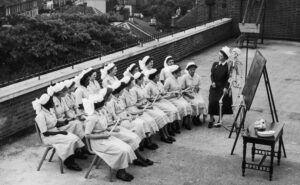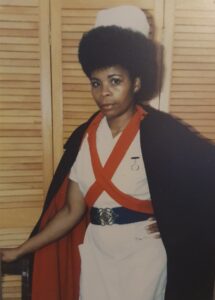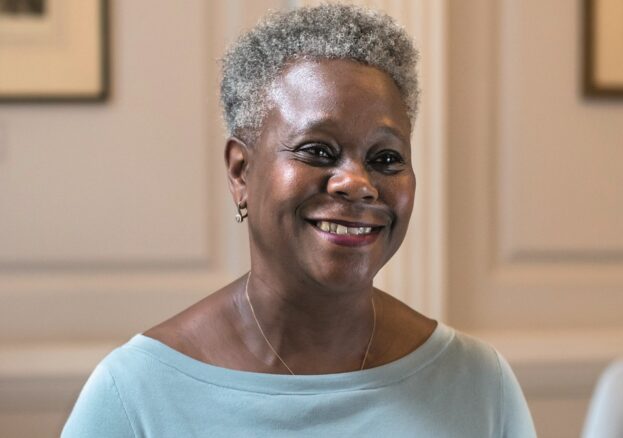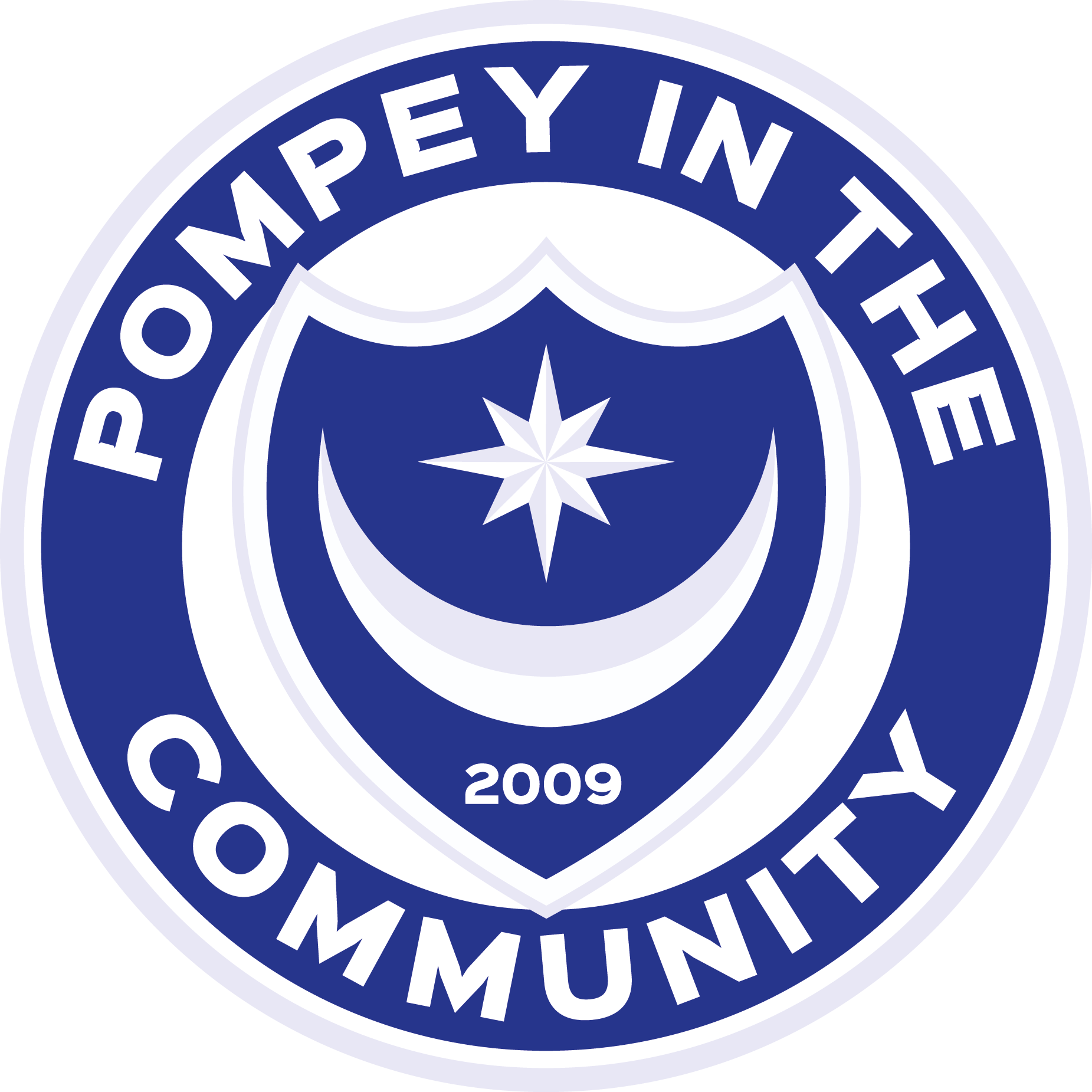 Pompey in the Community (PitC) will be celebrating Black History Month this October working with organisations and partners from across the city to raise awareness of stories, experiences and achievements from the black community.
Pompey in the Community (PitC) will be celebrating Black History Month this October working with organisations and partners from across the city to raise awareness of stories, experiences and achievements from the black community.
We will be sharing a number of resources throughout October to help bring black history into the spotlight as part of Pompey in the Community’s dedication to increasing equality, diversity and inclusion across the city and within our local communities.
With the last 18 months highlighting just how lucky we are in the UK to have the National Health Service (NHS), we are looking at the contribution that has been made by the black community.
As at the end of March 2020, the NHS employed over 1.3 million people, and the 6.5% who described themselves as black, have a history to be proud of. Many young women arrived in the UK from the Caribbean with a dream to be a nurse. It was a dream that many had to wait a while to realise, for a reason most did not expect. Racism.
Quite a few of these young hopefuls got jobs in hospitals, but not as nurses, but as ‘orderlies’ as they used to be called, but were basically hospital cleaners. However, after many applications and requests for nurse training, the door was opened for some, but only as State Enrolled Nurses – a second-tier position below State Registered Nurses.
Many young nurses worked their way up enhancing their employability and chances for promotion, but they were still blocked by racism most of the time. Their resilience, courage and determination sustained them. In 1964, Daphne Steele was appointed the first black matron at a hospital in Ilkley, Yorkshire. Another 20 years on and another young woman started her training in Whitechapel, London. Her name is Donna Kinnair, who has recently announced that she has taken the decision to step down from her position as General Secretary and Chief Executive of the RCN, after a short period of ill-health.

Kinnair was following in the footsteps of the pioneering Windrush Generation who became nurses and showed that their professional competence could extend outside of the hospital and upwards towards leadership. Donna Kinnair has held a number of senior positions in both the healthcare and education sectors, underlining her talent, passion, belief and years of hard work. She was appointed Dame Commander of the Order of the British Empire in the Queen’s Birthday Honours List in 2008 – in recognition of her achievements and contribution to the UK.
Kinnair spoke on Windrush Day on 22 June 2020 and said, ‘While it would be nice to think that the prejudices and barriers faced by the Windrush nurses were firmly established as a thing of the past, the reality is that change is painfully slow. The results of the Workforce Race Equality Standard tell us that there is still much more work to be done to create sustainable change in organisations. Nurses still tell us about their experiences of racism.’
 Pompey in the Community’s Equality, Diversity and Inclusion lead, Duke Harrison-Hunter’s mother Coralyn, came to the UK from Jamaica in the 1960’s to pursue her nursing career. She trained and qualified in the 1970’s as an SEN (State Enrolled Nurse) and then as an SRN (State Registered Nurse), working within the NHS for over 35 years including hospitals in Hampshire. Coralyn is now retired and her passions are running and raising funds for causes like British Heart Foundation and Breast Cancer Charity UK.
Pompey in the Community’s Equality, Diversity and Inclusion lead, Duke Harrison-Hunter’s mother Coralyn, came to the UK from Jamaica in the 1960’s to pursue her nursing career. She trained and qualified in the 1970’s as an SEN (State Enrolled Nurse) and then as an SRN (State Registered Nurse), working within the NHS for over 35 years including hospitals in Hampshire. Coralyn is now retired and her passions are running and raising funds for causes like British Heart Foundation and Breast Cancer Charity UK.



